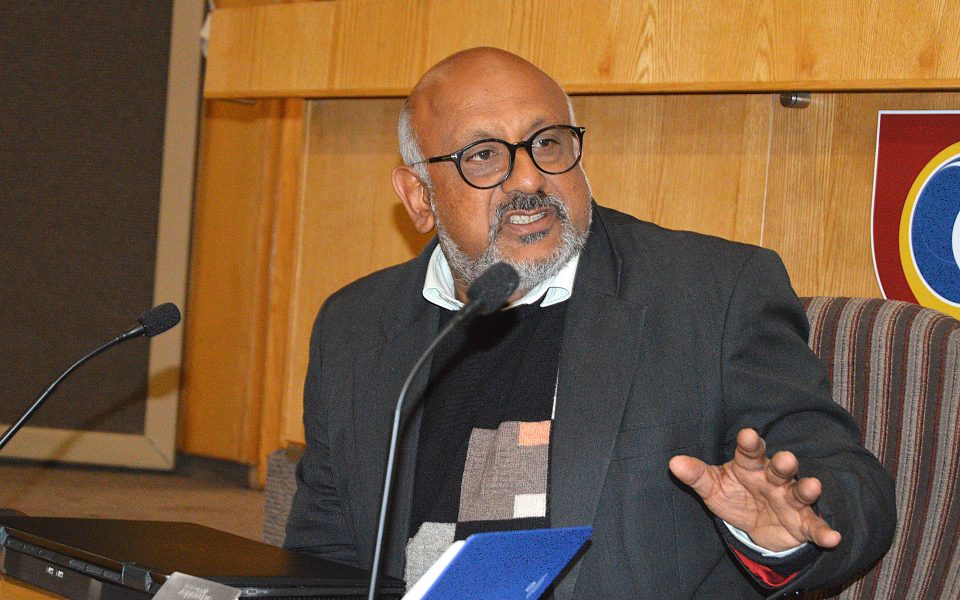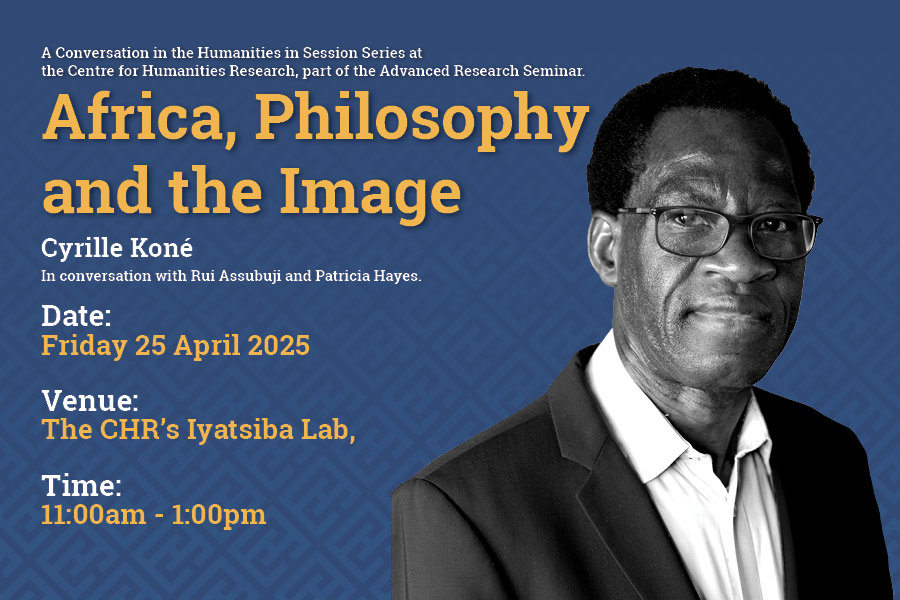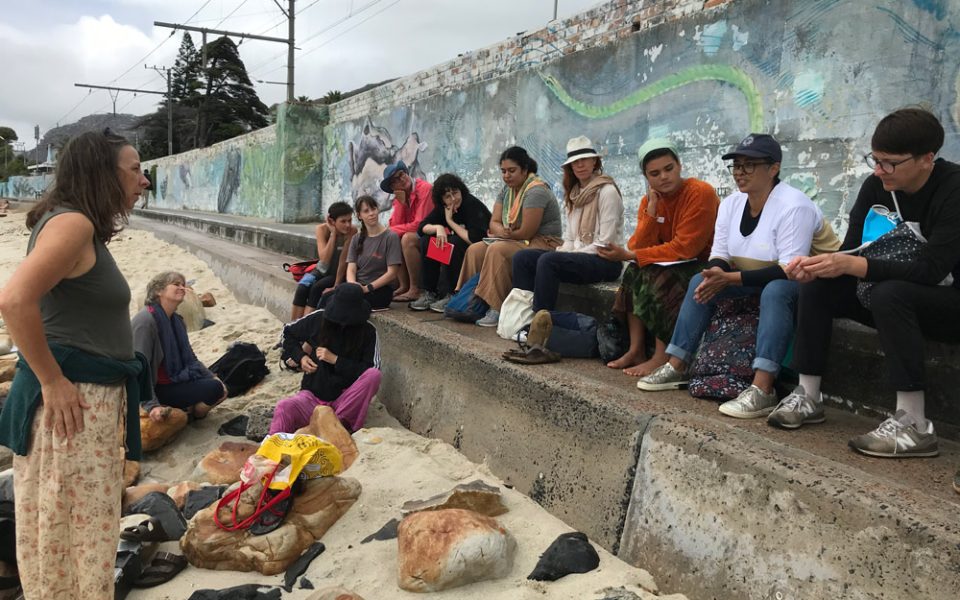Global Apartheid Course at the CHR

The Centre for Humanities Research of the University of the Western Cape and the Interdisciplinary Centre for the Study of Global Change invites you to register for a post-graduate seminar on Global Apartheid: A Genealogy of Biopolitical Sovereignty offered by Professor Cesare Casarino and Dr Maurits van Bever Donker.
A Genealogy of Biopolitical Sovereignty
February – May 2017
Centre for Humanities Research
Professor Cesare Casarino
University of Minnesota
Interdisciplinary Centre for the Study of Global Change (ICGC)
Dr. Maurits van Bever Donker
University of the Western Cape
Centre for Humanities Research
The Centre for Humanities Research of the University of the Western Cape and the Interdisciplinary Centre for the Study of Global Change invites you to register for a post-graduate seminar on Global Apartheid: A Genealogy of Biopolitical Sovereignty offered by Professor Cesare Casarino and Dr Maurits van Bever Donker.
What would it mean to understand the contemporary capitalist world system as a system of “global apartheid?” This question is prompted by what may seem a historical paradox: on the one hand, official, legal, historical apartheid in South Africa rapidly started breaking down in 1990 and finally was abolished in 1994 with the election of Nelson Mandela as the country’s first black president; on the other hand, during approximately the same period (i.e., from 1989 to 1991), the Cold War officially ended (following the fall of the Berlin Wall), the first post-Cold-War war (a.k.a. “Operation Desert Storm”) was waged, a “New World Order” (as then U.S. President George H. W. Bush—invoking Winston Churchill—called it) was established, and an exponential leap in the globalization of capital took place that has ushered in a planetary order increasingly characterized by racialized separations and divisions (often marked by the proliferation of physical walls and borders of all sorts) between rich and poor, between the privileged and the disenfranchised, between humans whose life and safety must be protected at all costs and humans who are entirely expendable and who can be killed or let die with impunity. In short, at the same time that apartheid was officially abolished in South Africa, apartheid (or a variation on that theme of racialized separation, oppression, and exploitation) went global. Or—to capsize all of the above—had apartheid in some sense been global all along? Was modernity, among other things, a project of apartheid from the very start?
This seminar will address these questions—as well as the apparent paradox generating it—by examining the complex relations between sovereignty and biopolitics in modernity and by situating apartheid (and its deployments of race and of violence) as central to the intersection of sovereignty and biopolitics. To this purpose, we will study works (or excerpts from works) by Giorgio Agamben, Étienne Balibar, Walter Benjamin, Alain de Benoist, Steve Biko, Gilles Deleuze, Jacques Derrida, Frantz Fanon, Michel Foucault, Herman Giliomee, Paul Gilroy, Colette Guillaumin, Alfred Hoernlé, Kiarina Kordela, Alex La Guma, Paul Maylam, Achille Mbembe, Deborah Posel, Ernest Renan, Carl Schmitt, Tzvetan Todorov, Dimitris Vardoulakis, Hendrik Verwoerd, Paolo Virno, Alexander Weheliye, as well as Sylvia Wynter & Katherine McKittrick, Michael Hardt & Antonio Negri, Sandro Mezzadra & Brett Nielson, Anne McClintock & Rob Nixon, and Maurits van Bever Donker, Premesh Lalu, Gary Minkley & Ross Truscott.
Please contact centreforhumanitiesresearch@gmail.com for more details.




